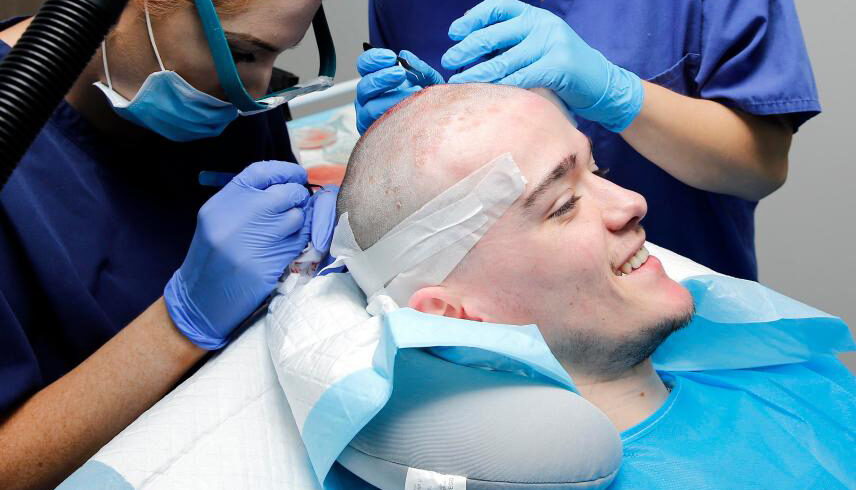Dear Juvida,
I am too depressed about my hair loss. I am 38 years old and after the birth of my second baby I’ve had lots of hair loss issues. I know stress and depression are included but we can’t stop those symptoms so please I would like you to guide me on how I can help my hair loss problem? Or what kind of product I can use. Thanks, Patient S
Juvida says:
Hair loss has often been perceived as a male problem, with the majority of hair transplant patients being men. However, it is also thought that roughly half of women in the UK experience balding at some stage of life. We understand female hair loss can be devastating, but it’s important to understand you are not alone.
There are many things that could be contributing to your hair loss. As you mention, stress and depression may have an effect on your hair. As will childbirth; these things cause a type of hair loss called telogen effluvium. Telogen effluvium is thought to occur when the body undergoes a shock, i.e the huge changes that happen during pregnancy. It can be caused by physical ‘shock’ such as childbirth, or emotional stressors such as stress or depression. This type of hair loss is characterised by widespread shedding, rather than the large bald patches that are seen in cases of alopecia areata. You may have noticed this type of hair loss after the birth of your baby, but many new mothers are also in the same boat. The good news is that the body will recover and ‘heal’ your problem, if you like; new hair growth should start again within 6 months.
If you’re noticing larger bald patches rather than just increased shedding, you may be suffering from alopecia areata. This condition can happen to anyone, whether they have been stressed or not. It can lead to long-term issues, where no hair returns to the scalp or even the body, however it is possible for hair to begin growing back within a few months, getting thicker and darker over time.
We think that you are best coming in for a consultation with one of our team. Our Doctors can then medically assess you’re scalp, and taking into account your medical history, they can discuss which treatment is going to be the best for yourself. Usually, in cases of telogen effluvium, hair transplants aren’t necessary, however you may want to look into the medications and other forms of treatment available. Our consultations are a two-way process, so it’s a brilliant opportunity to ask all of the questions you have regarding other treatments and types of hair loss.
See you soon.
Thanks,
Juvida





